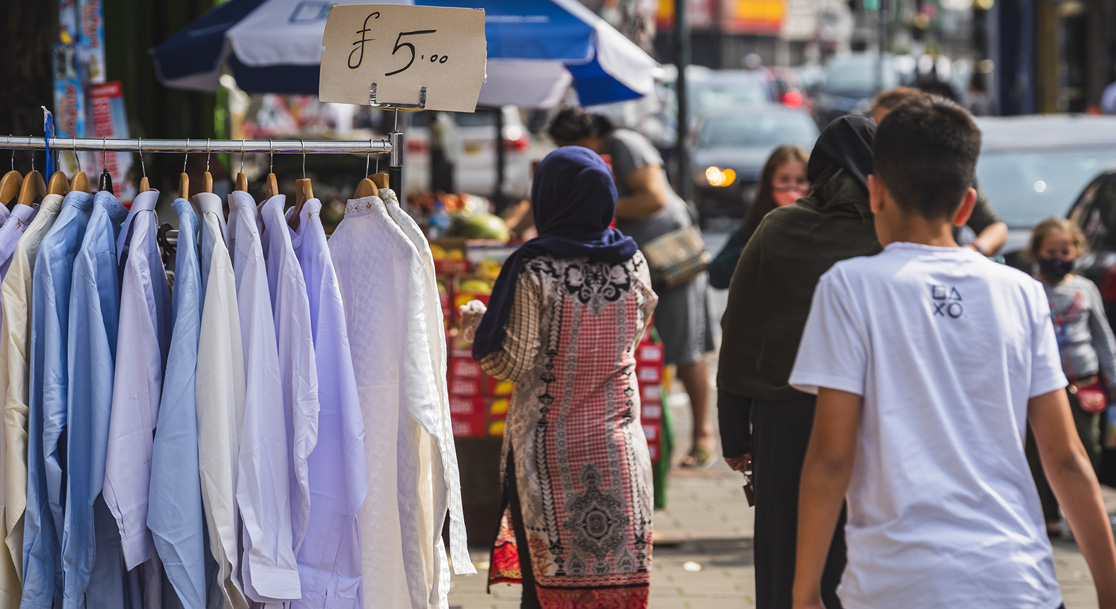In Islam, all crimes are selfish. There is no such thing as a selfless crime. Every possible sin involves hurting others – murder, rape, slavery, robbery, drugs, grooming and so many more. Islam asks Muslims to develop a moral consciousness at all times, and to reflect on what one sinful act can do to an entire community.
Islam reminds us that all crimes are counterproductive. No matter how profitable criminals view a particular sin, it never leads to long-term benefit. Certainly it does not lead to inner satisfaction. In fact, Prophet Muhammad defined ‘sin’ on this very basis – he said that
All crimes disrupt the peace of society. Islam has always placed peace and security as the most important ingredient in a community. Prophet Abraham lived in Syria and was instructed to migrate to the Hijaz (modern-day Saudi Arabia). The first thing he did when he reached the new land was to supplicate:
Peace (Salam) is perhaps the most central teaching of Islam. The religion is named after the Arabic for peace. A Muslim’s greeting wishes peace for others (Asalam Alaykum). Allah has ninety-nine beautiful names, of which one is ‘As-Salam’. The first words which the inhabitants of paradise will hear as they enter will be ‘Salam’. Serious and organised crime never leads to Salam; neither for the perpetrator, the victims nor the wider community.
Faith has the potential to inspire and motivate good works. It is undeniably a powerful force in our lives and commands good works, while it also requires us to build strong and healthy communities.
Faith communities are uniquely placed to influence, to challenge and to transform social and cultural norms. It is with this in mind that we have authored this awareness raising




